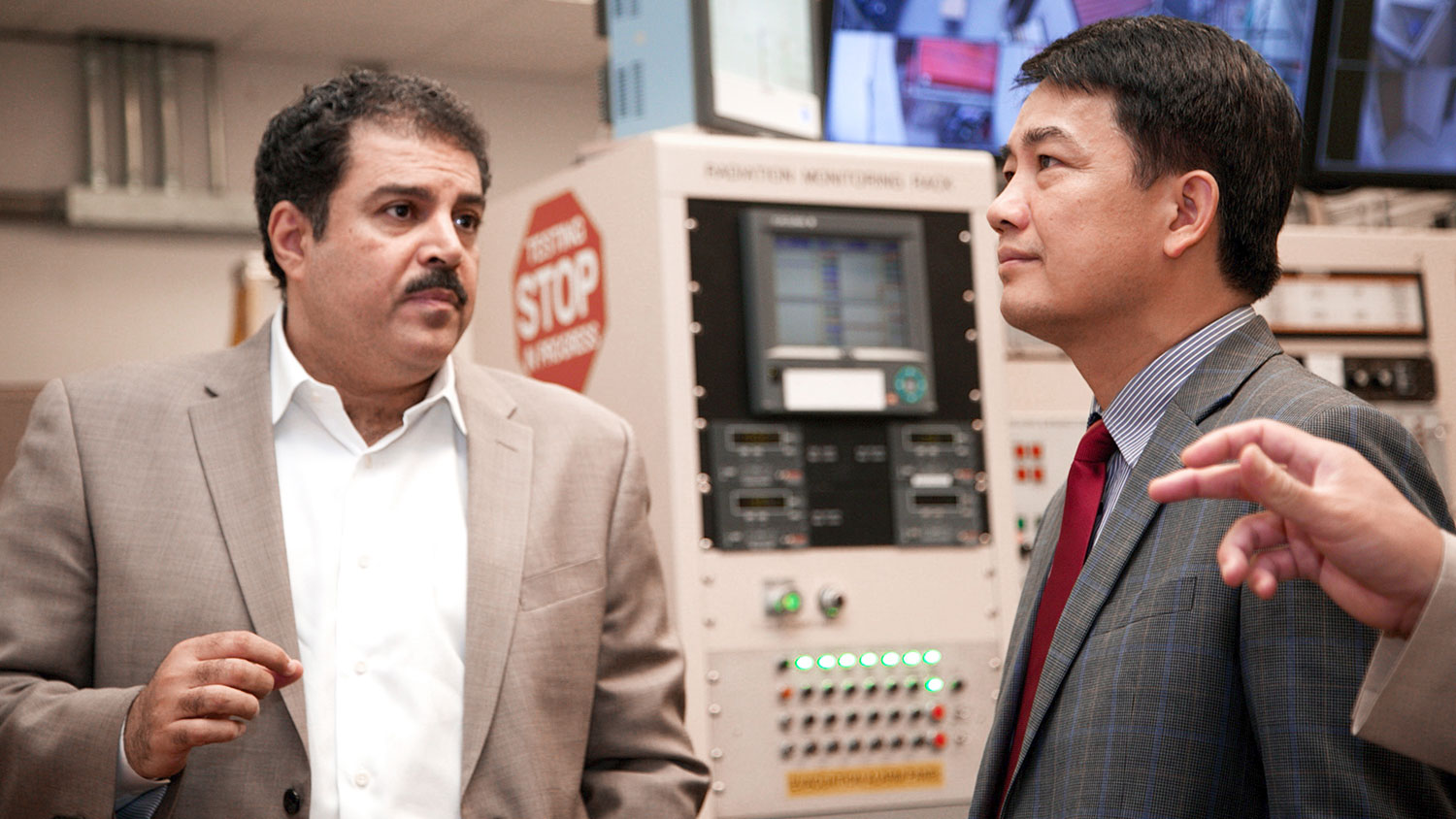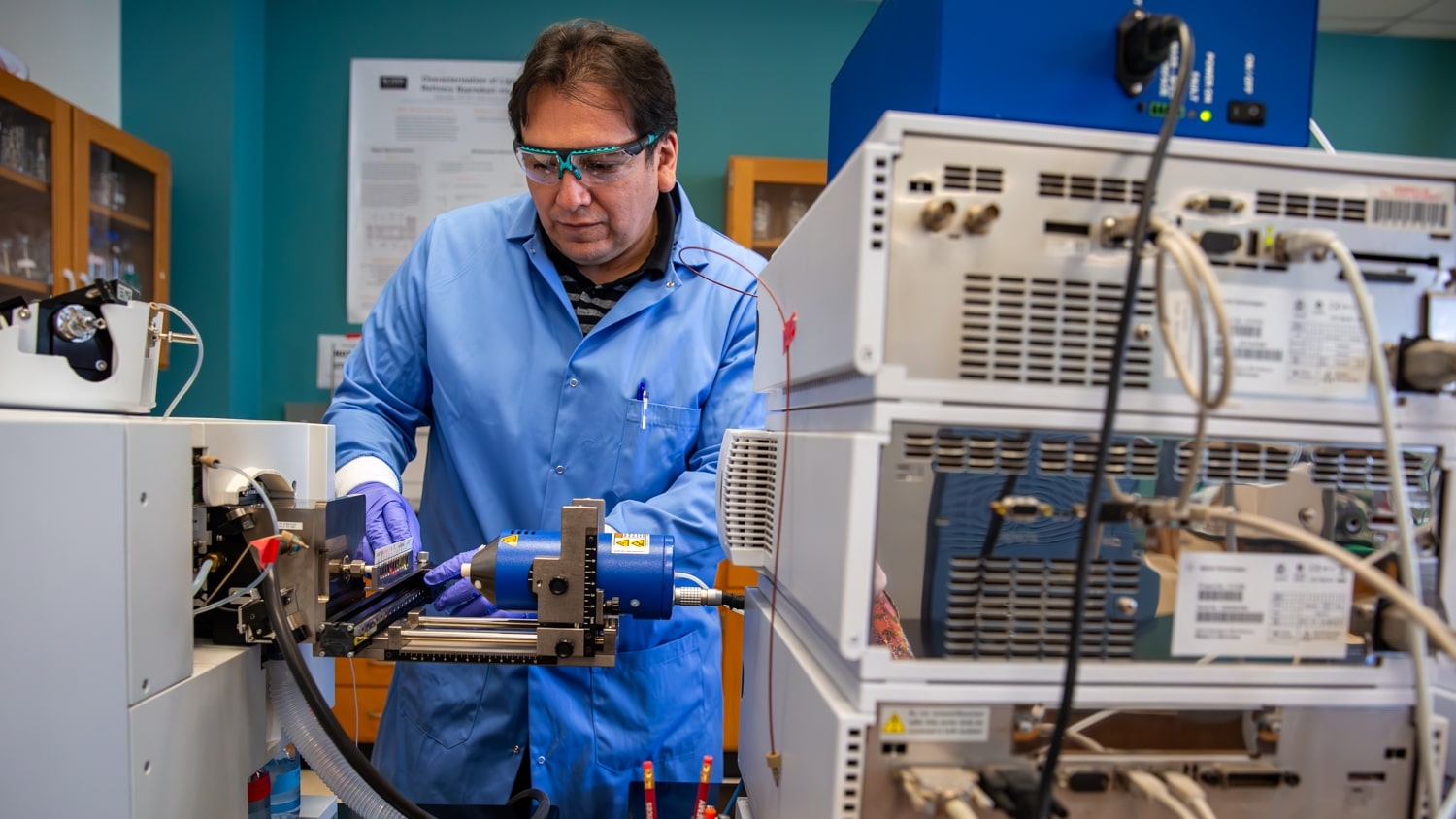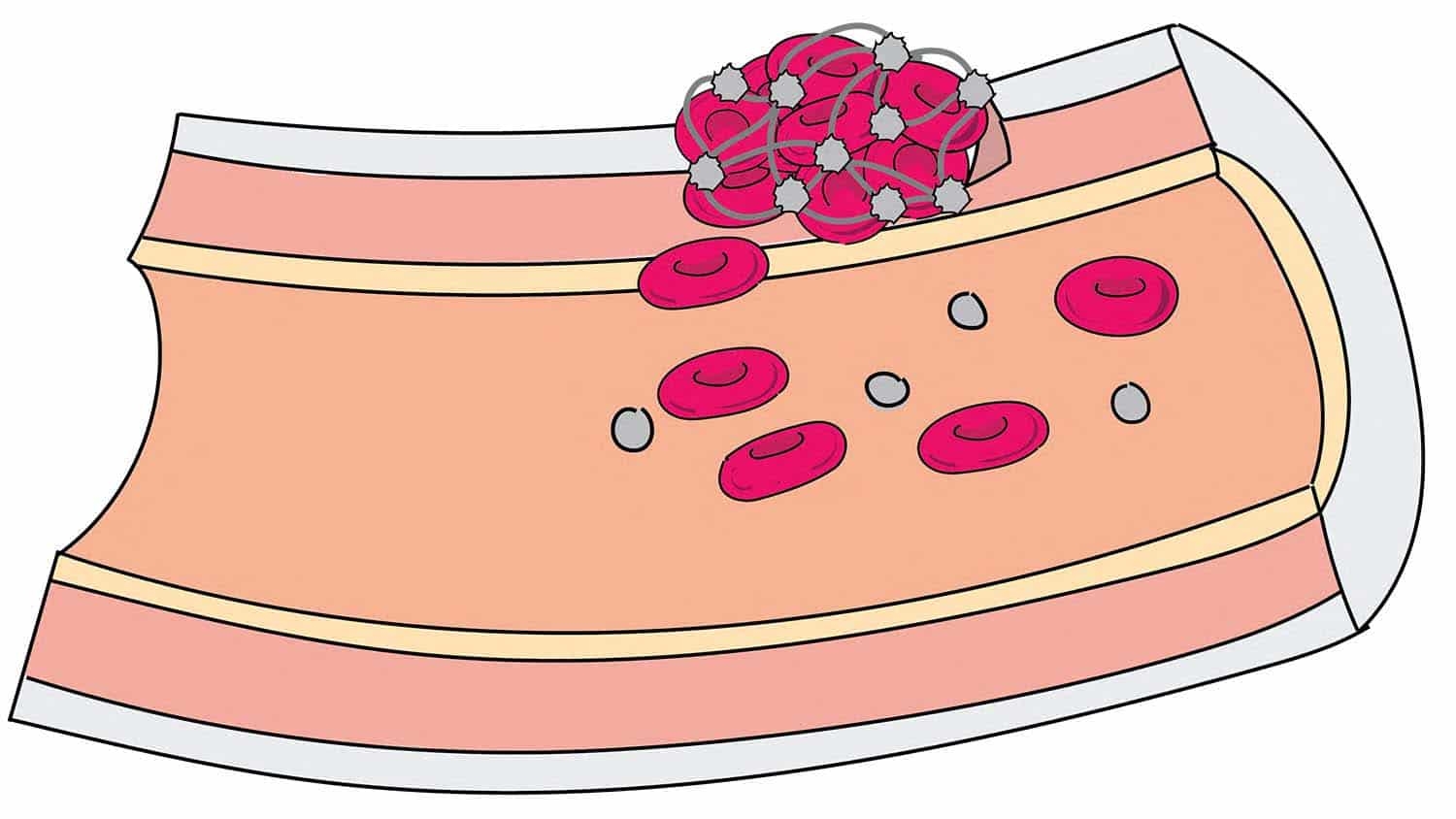NC State engineers will help further civilian nuclear energy in Vietnam

Training from faculty members in the Department of Nuclear Engineering is part of an agreement on civil nuclear clean energy cooperation signed by leaders in the United States and Vietnam.
In 2014, the two countries signed an agreement under Section 123 of the Atomic Act that opened the door to nuclear trade and cooperation. An administrative arrangement signed in May 2016 under the auspices of that 2014 agreement established their intention to cooperate further in training and education, building of institutional connections, strengthening of export controls and securing and tracking nuclear and radiological materials, among other areas.
One of those training and education initiatives, according to a White House statement, will “complement Vietnamese university nuclear curriculum programs with the Department of Energy supported remote reactor training from North Carolina State University.”
Dr. Tran Chi Thanh, president of the Vietnam Atomic Energy Institute, toured NC State’s PULSTAR nuclear reactor on May 26 with Drs. Ayman Hawari and Nam Dinh, professors of nuclear engineering. Hawari is also director of NC State’s Nuclear Reactor Program.
The three discussed possible interactions that would include both online and in-person training and visits to and lectures in Vietnam by Hawari.
Return to contents or download the Fall/Winter 2016 NC State Engineering magazine (PDF, 3MB).
- Categories:


